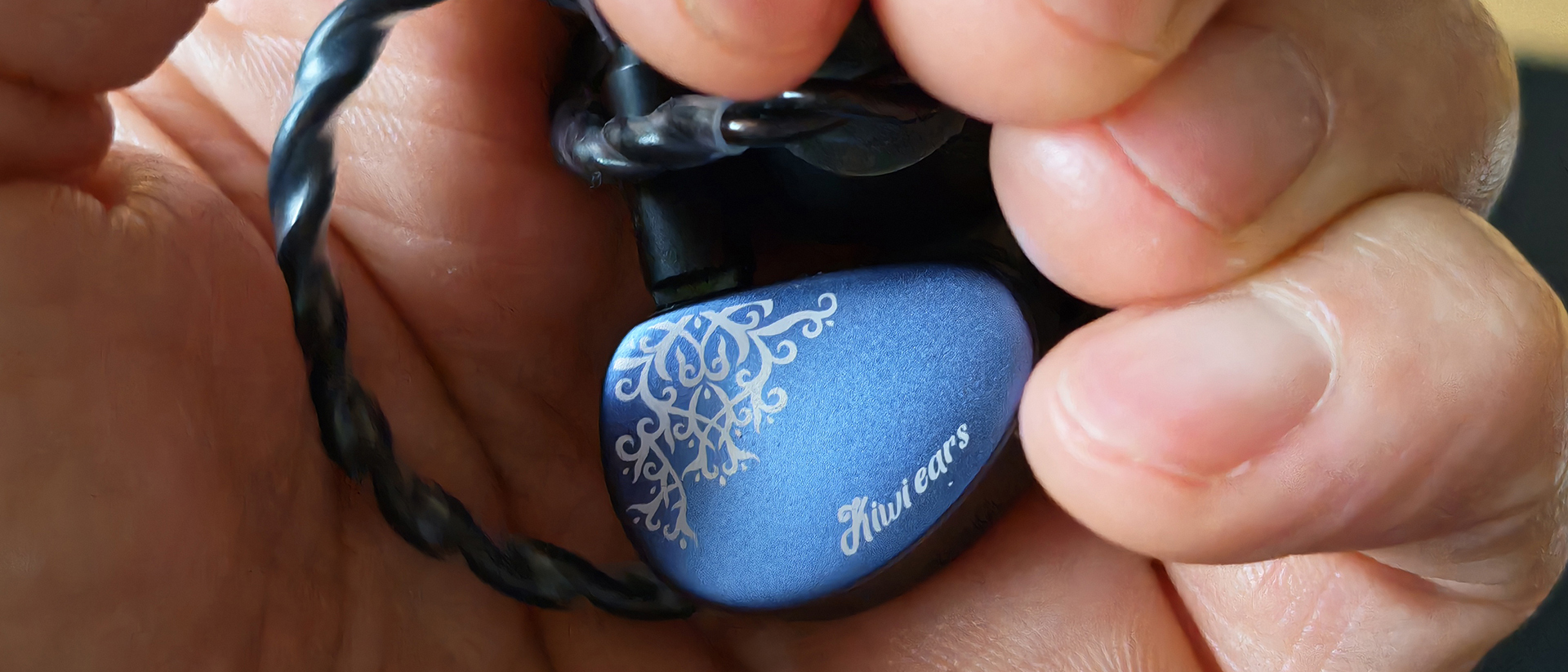These are the illustration trends to watch in 2024
From natural and imperfect, to weird to witty, these are the top illustration trends for the coming year.
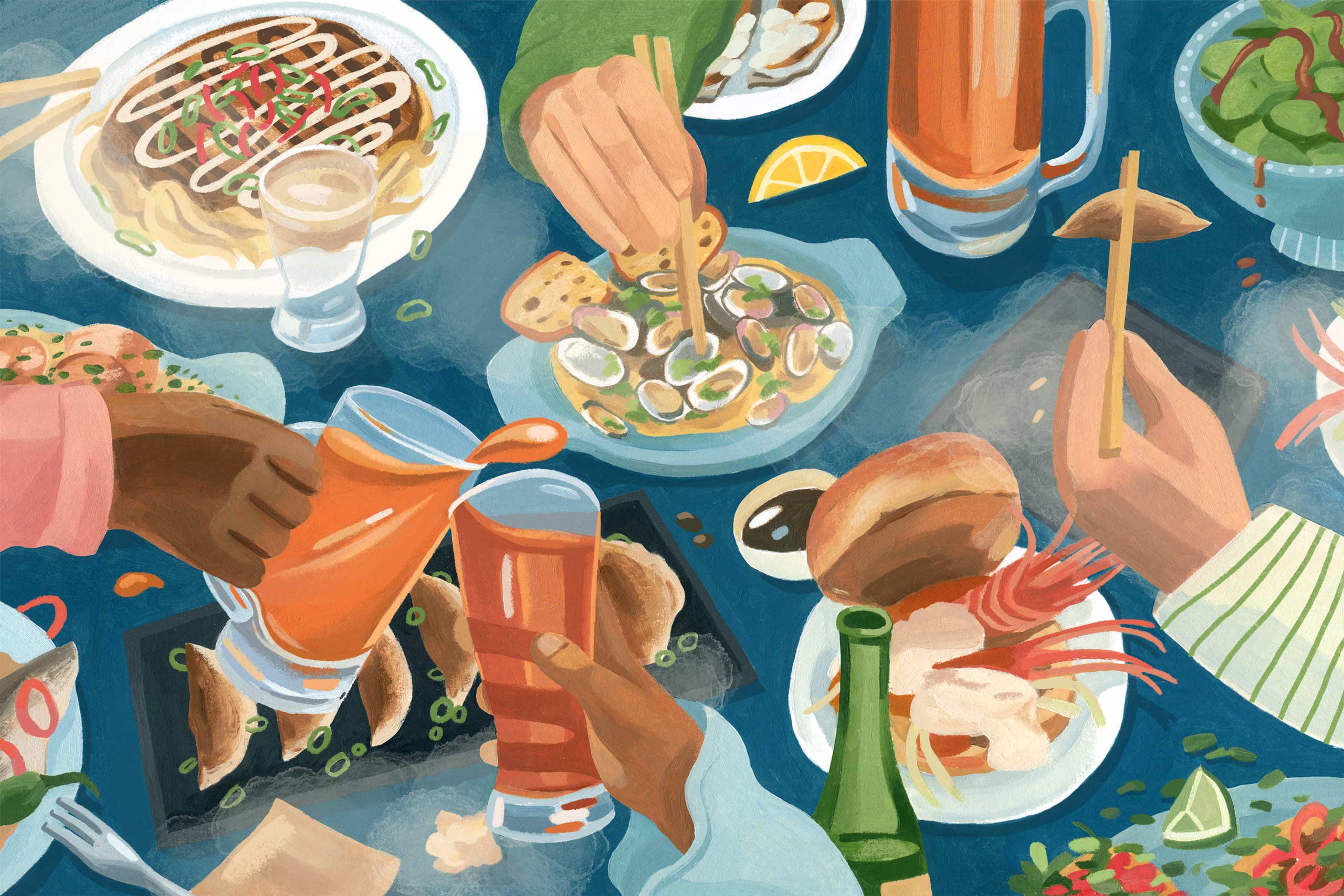
Daily design news, reviews, how-tos and more, as picked by the editors.
You are now subscribed
Your newsletter sign-up was successful
Want to add more newsletters?

Five times a week
CreativeBloq
Your daily dose of creative inspiration: unmissable art, design and tech news, reviews, expert commentary and buying advice.

Once a week
By Design
The design newsletter from Creative Bloq, bringing you the latest news and inspiration from the worlds of graphic design, branding, typography and more.

Once a week
State of the Art
Our digital art newsletter is your go-to source for the latest news, trends, and inspiration from the worlds of art, illustration, 3D modelling, game design, animation, and beyond.

Seasonal (around events)
Brand Impact Awards
Make an impression. Sign up to learn more about this prestigious award scheme, which celebrates the best of branding.
It often pays to be aware of creative trends, even if you don't decide to follow them all. That's why we've asked illustrators, agents and other experts to share the illustration trends they think we should look out for in 2024.
Spoiler alert: this piece will include comments on AI in illustration. It's a complex, contentious and controversial subject, and the contributors to this article had a variety of views. As the tech continues to impact illustration, it is both offering an opportunity to aid creativity and sparking a backlash with hand-rendered techniques becoming popular alongside.
Beyond these two seemingly contrary schools of thought, many of the illustration trends to watch for next year have, in one way or another, been impacted by AI. However, increasingly AI is being seen as just another tool, another medium, another brush in the ever-evolving box of creative tricks.
Read on, to discover the trends we think you'll be seeing more of in 2024, and if you'd like to see how things are evolving, you can compare them to 2023's illustration trends.
01. Analogue mediums
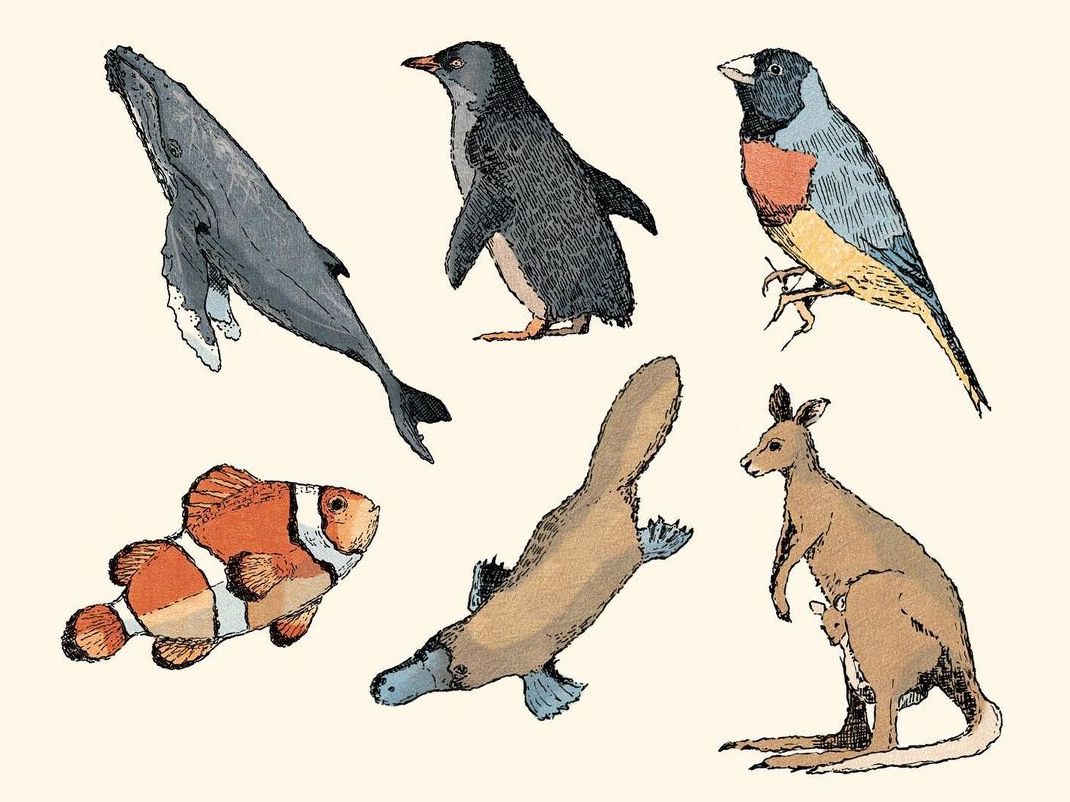
Many of the illustrators and other experts agreed that work created by hand is going to be a key trend for 2024. “With illustrators increasingly working directly onto tablets and improvements in software, like Procreate, we’re seeing a renaissance in hand-rendered work and texture,” says Jon Cockley, owner and co-founder of agency Handsome Frank. “Perhaps a conscious backlash to the onslaught of AI, we’re expecting to see a resurgence of the human touch in artwork for 2024. This will spill over into animated work too.”
Sam Walker, illustrator, agent and creative producer at agency Brilliant Artists, also sees the prominence of AI imagery triggering “a longing for craft”, he says. “In particular hand-rendered illustration, be it pencil, ink or paint, or digitally produced facsimiles of these techniques. A celebration of the human touch could also be seen by using hyper-digital looking techniques but in analogue mediums. Perhaps this will go hand-in-hand with more eco-conscious creators. Particularly by steering away from vibrant palettes with glitchy computer effects — think more earthy palettes, textures and natural looking compositions.”
(Video credit: Peter Strain for Empire)
Daily design news, reviews, how-tos and more, as picked by the editors.
Oli Roberts, founder of Oskar illustration agrees: “I think people in this digital era are seeking authenticity and craft. Art that has been created and influenced by someone’s life experiences. Paper, pens and paintbrushes seemed to have lost their appeal in the commercial world in favour of digital techniques. I think this trend will flip in 2024 to break a sea of sameness.”
Illustrator Kyle Platts has also been witnessing this pullback: “Whenever a particular style becomes saturated there’s always a movement in the opposite direction. I believe the ubiquity of AI-generated images (and their aesthetic) will push artists to create something that has more distinctly ‘human-made’ qualities.”
“People will be painting more,” illustrator Haley Tippmann asserts. “I see a lot of illustrators painting physical paintings instead of only digital.”
02. The AI influence
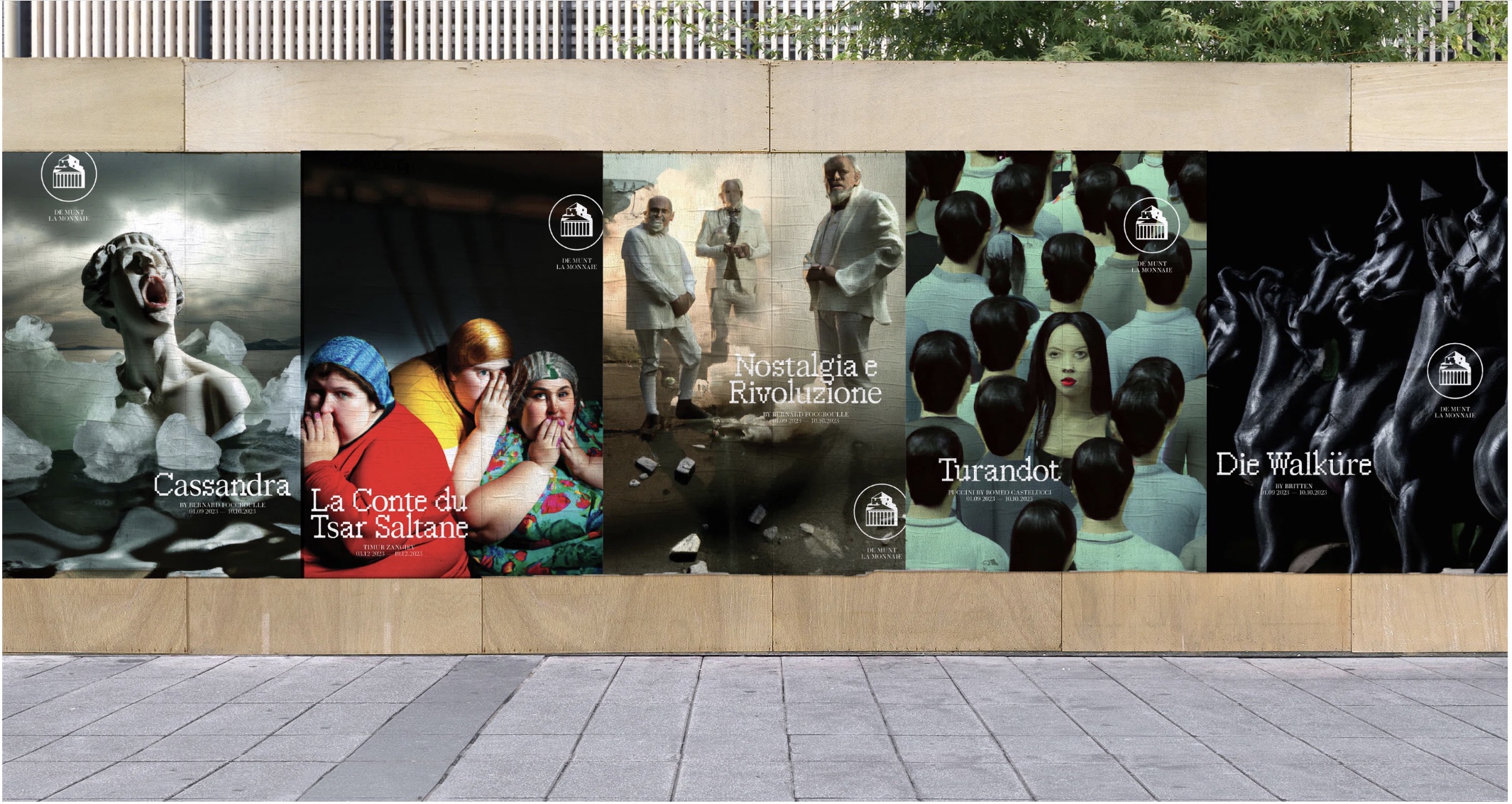
As tools improve and use cases broaden, artists are embracing elements of AI to develop new ways of working, allowing it to influence and enhance work in subtle ways.
“I think with the increased use of AI and with the introduction of Procreate Dreams there will be a lot more animation in illustrations,” says illustrator Michael Parkin. “This already happens a lot in editorial, but I am anticipating there will be a jump up, which will be fun.”
Something else we are all likely to have encountered is the bizarre generative AI imagery on social media. However, while some examples are clearly concerning for a variety of reasons, the aesthetic quality of the images as well as the strange and otherworldly content itself could become a source of inspiration.
“The Uncanny Valley,” says Sam Walker, illustrator, agent and creative producer at agency Brilliant Artists referring to that unsettling feeling that people can experience in response to something not-quite-human. “[However, it’s about] leaning into the flaws of AI-generated images and experimentation with prompts. Giving way to surreal, fantastical and slightly grotesque imagery.”
03. Conscious imperfections and activist aesthetic
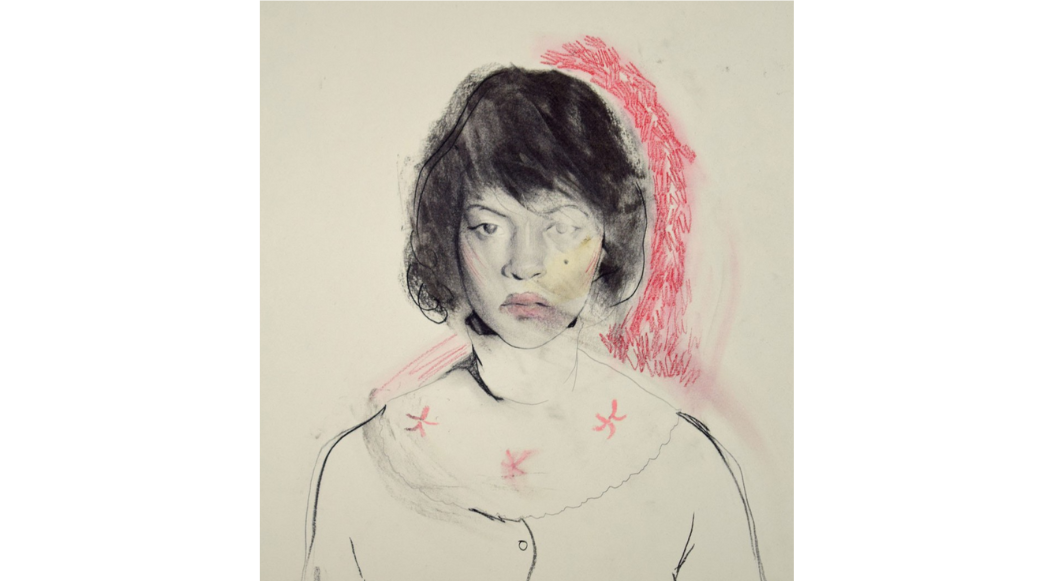
Slick is out and real is in, says illustrator Peter Strain: “I think generally credible art directors will run a mile from anything that has a whiff of AI-generated imagery as it potentially places their creative credentials under question. So, with that in mind, I think we will see not only a rise in hand-drawn and traditional techniques being implemented but also of conscious imperfections. By this, I mean an attempt to not overwork drawings and avoid smoothing out the natural rough edges of the human hand.”
Not only can illustration be deliberately rough and the edges, it can also be unapologetically unforgiving, which can catch attention and cause a stir. Brilliant Artists’ Walker agrees: “Analogue techniques and printmaking hinting at the rise of activism and DIY grass roots and punk history. Breaking away from the digital with cut-and-paste and messier aesthetics while packing a strong message.”
04. Playful 3D
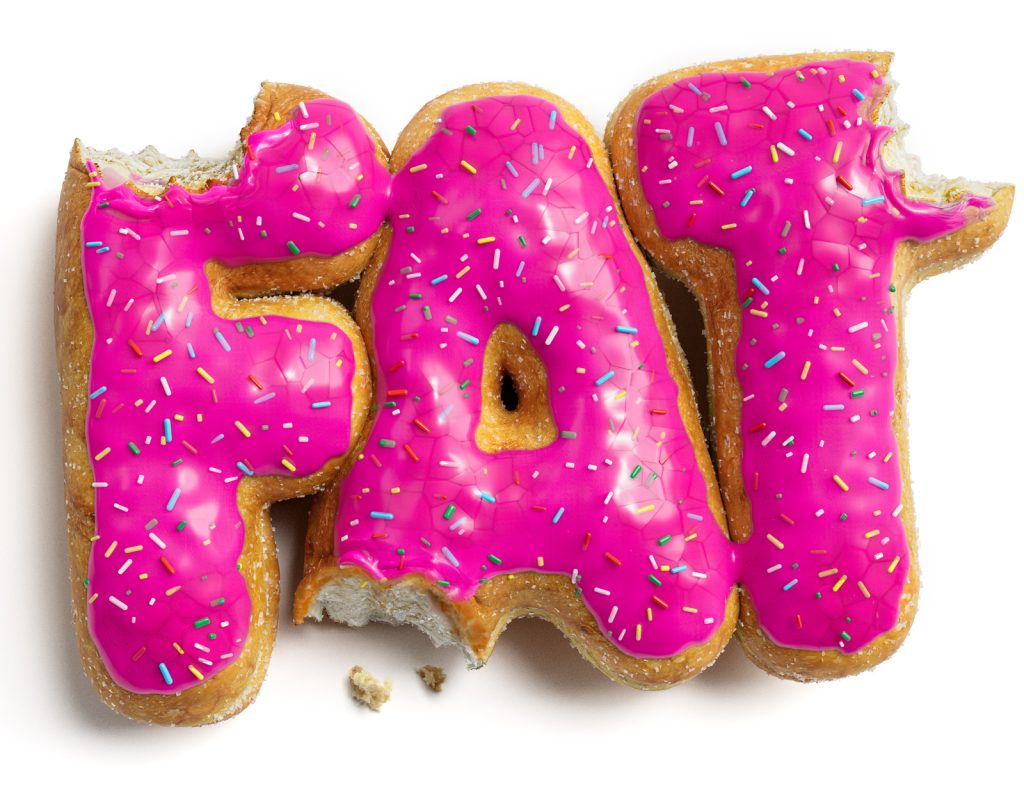
From hyper-realism to abstract and fantasy, 3D imagery, a format once closely associated with product design and gaming, continues to evolve and become more versatile as a tool for illustration.
“2023 saw a lot of 3D illustration, and I think this will continue into 2024,” says illustrator Michael Parkin. “I keep meaning to have a play around on Blender, so hopefully I will find a chance next year.”
Experimentations in texture, light, distortion and other visual elements and techniques are coming to the fore, with increased use cases across editorial, web design, ads and apps.
05. Funny haha and funny weird
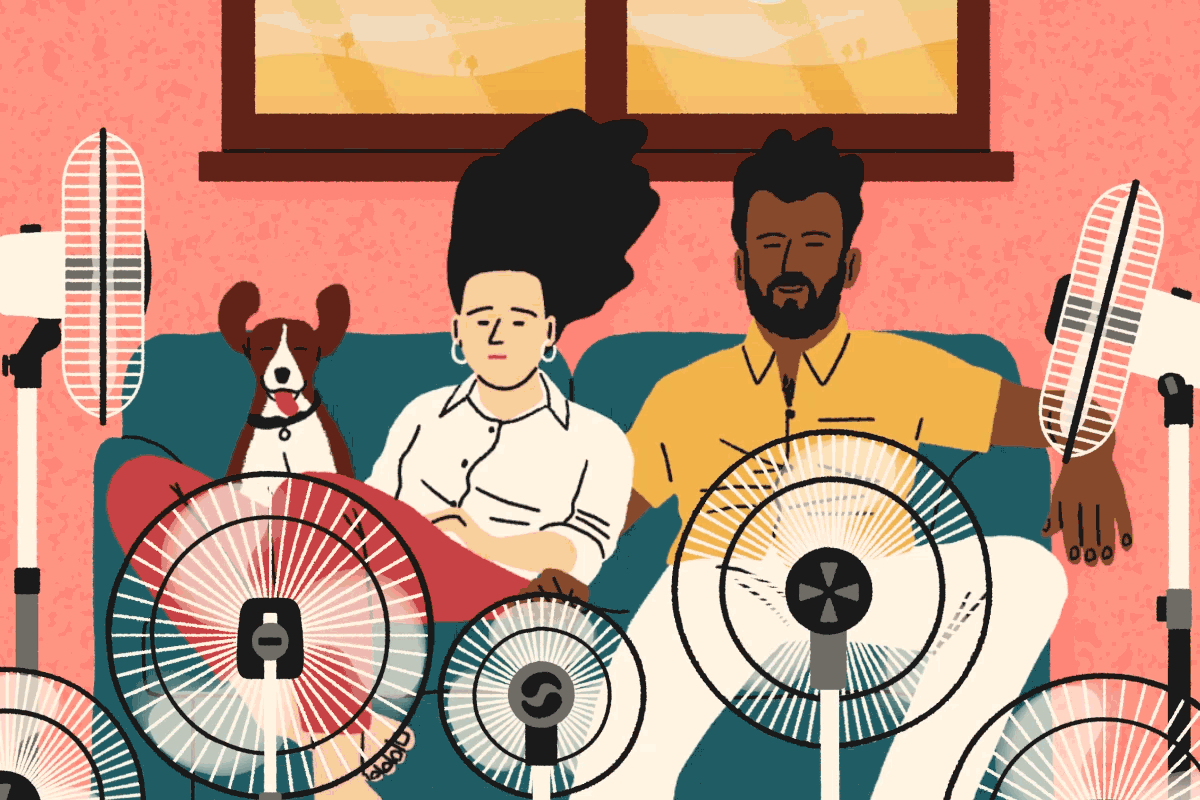
Funny, relatable everyday moments, satire, puns and quirky quips — the appeal of a sense of humour is timeless but increasingly important as people seek a human element in creative work. “With the rise of AI, we feel that there will be a rise in briefs putting a strong emphasis on humour and wit, something innately human that AI cannot replicate,” Brilliant Artists’ Walker says.
Alongside, not unlike the way advertising has developed in recent years, being a little bit odd or incorporating surreal elements can also spark delight and stick in the mind. “With the rise of AI perhaps more unusual styles that are harder to imitate or describe will become more prevalent in commissioned illustration,” says illustrator Sarah Cliff. “A further step away from flat tech ‘corporate Memphis’ mid-century-inspired aesthetic and more towards weird and wonderful might be considered to catch consumers’ attention in a sea of information.”
06. Psychedelia and retro-futurism
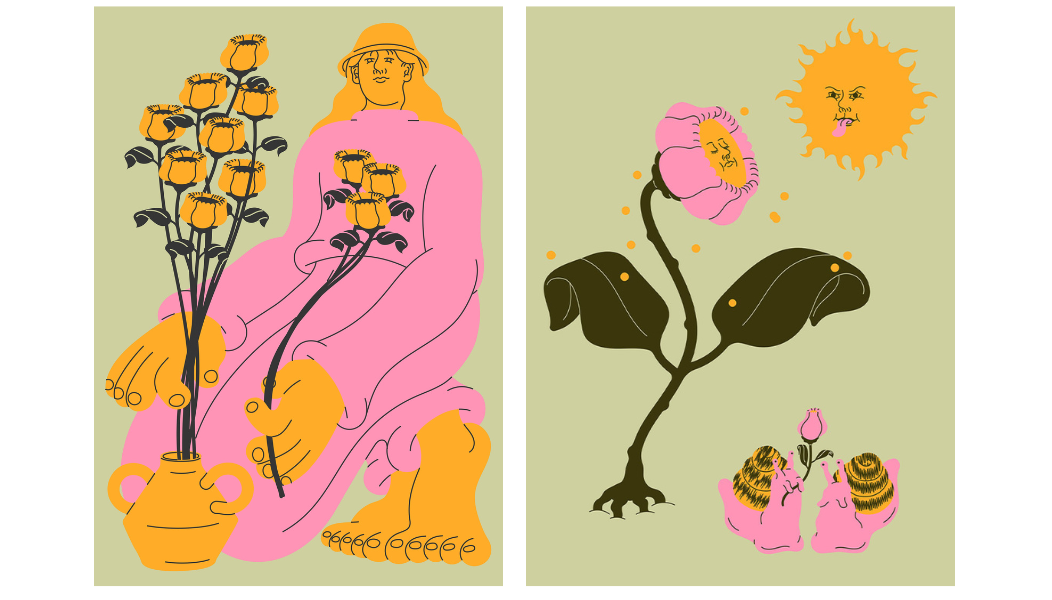
Nature-fuelled visuals, spiritual sentiments, hallucinatory patterns, vintage futurescapes, steampunk, cybergothic, depictions of past and present — this trend sees artists’ imaginations running wild.
“Folk art and nature-inspired imagery mixed with brighter and trippy colour palettes hinting at psychedelia could also be popular. A connection to nature and spirituality in the modern age as opposed to technology and slick images,” Brilliant Artists’ Walker says.
“In the past year there has been a rise of the retro-futurist looks of the 1970s/1980s with glossy airbrushed and surreal imagery taking centre stage, which means we might continue to see these nostalgic yet futuristic styles into 2024 too,” he adds.
07. Illustration as an experience
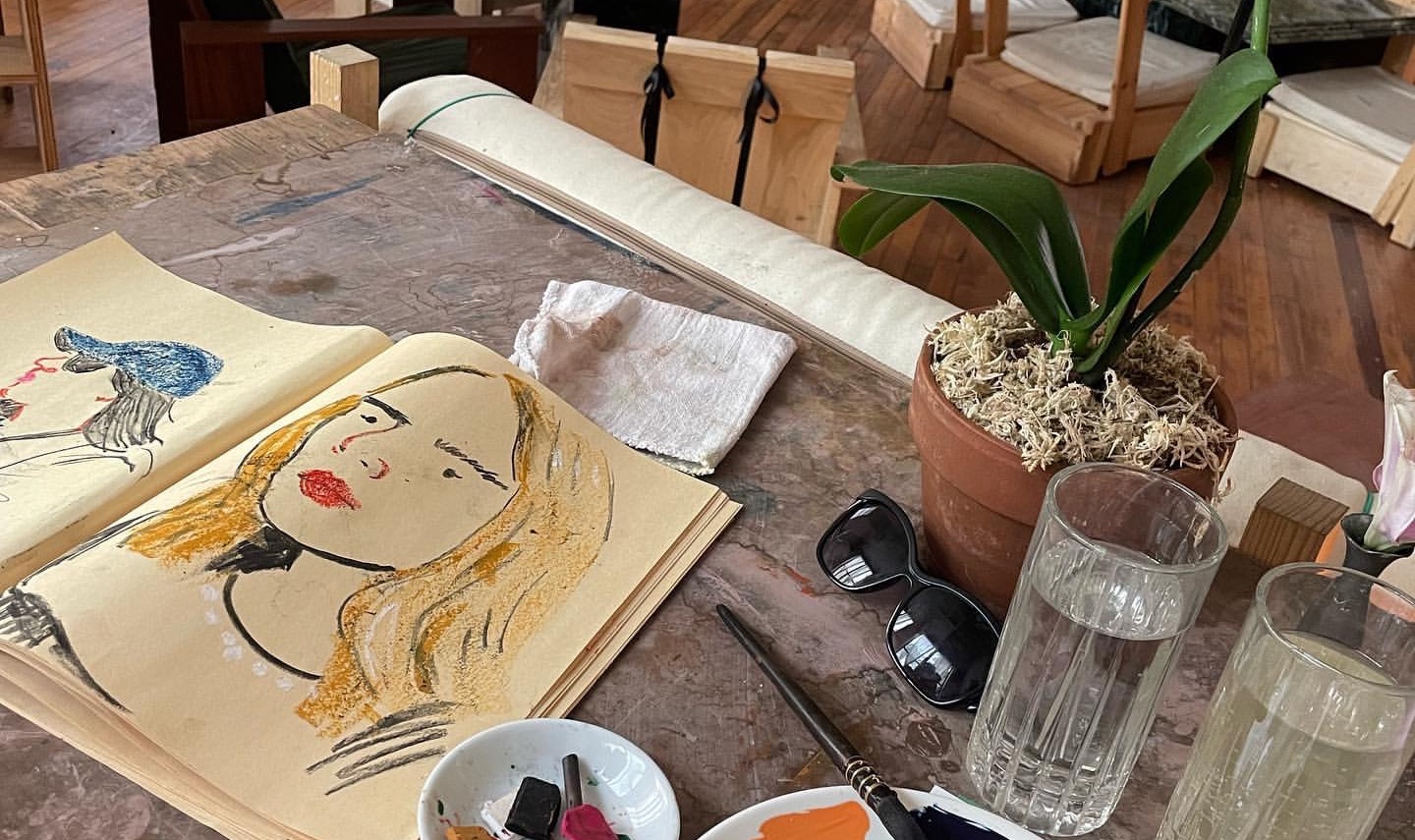
Experiential creativity has seen a boost since pandemic restrictions were lifted, and amid economic uncertainty it also gives artists the chance to boost income while connecting with an audience in-person, says Rachel Hill, CEO of Association of Illustrators.
“This year we’ve seen more illustrators organising physical workshops, drawing retreats, scribing or live drawing at events (corporate events, shop launches, residencies etc),” she says. “Many illustrators are looking to diversify their income outside of the usual sectors, whilst clients/consumers are eager for human connection [post-lockdown]. By introducing an element of experience or performance to their work, illustrators are encouraging commissioners to think more broadly about how illustration can add value.”
08. Multiple artist campaigns
Collaborative projects are on the up, according to Handsome Frank’s Cockley, particularly as brands seek to reach a wider variety of audience groups.
“We’re seeing an increase in brands engaging with multiple artists and styles across one campaign as they attempt to show diversity and variety in their marketing,” he says. “This trend is being boosted by increasingly advanced targeted digital advertising, allowing brands to serve audiences with imagery that will appeal to their specific tastes.”
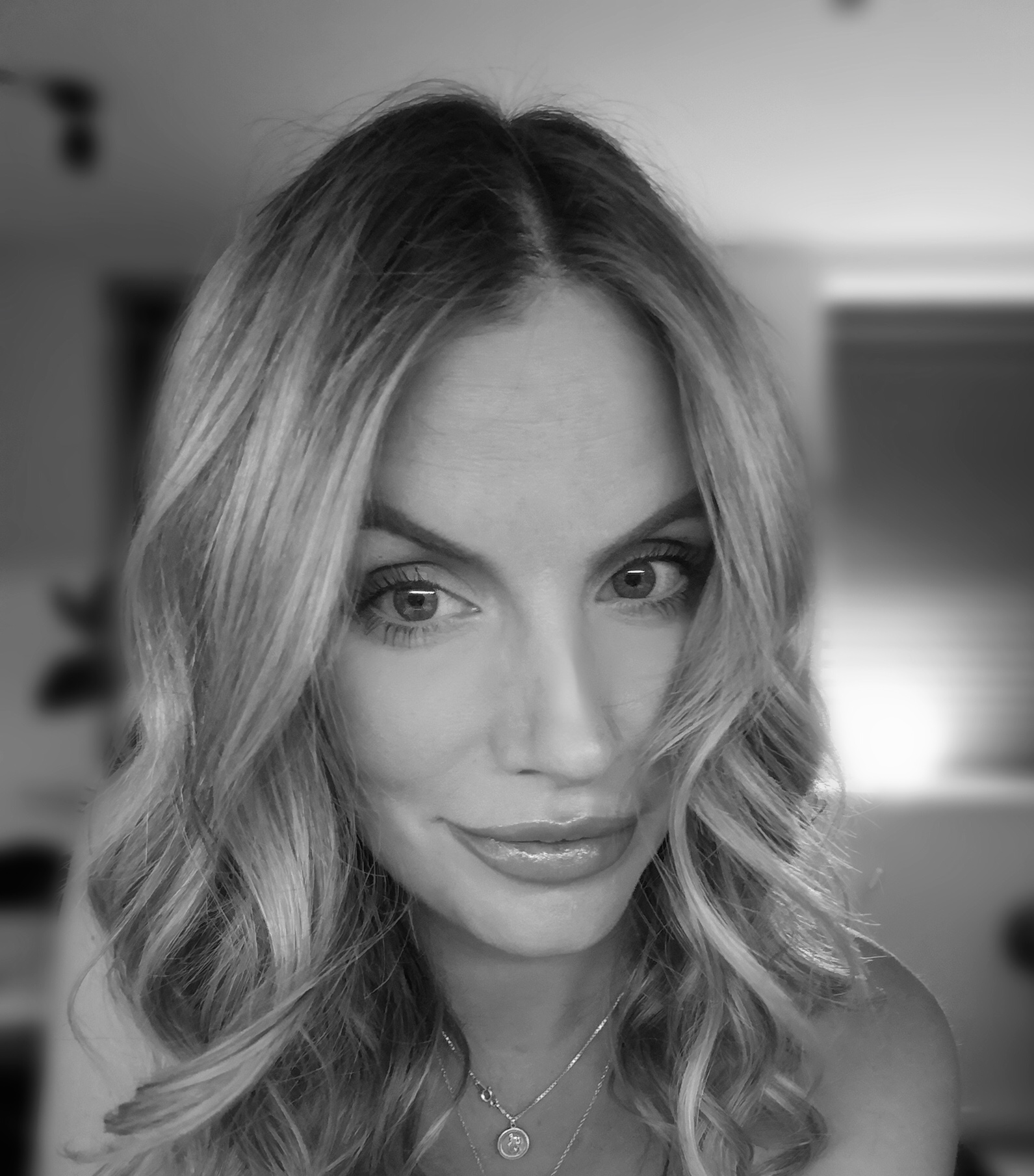
Antonia Wilson is a freelance writer and editor. Previous roles have included staff writer for Creative Review magazine, travel reporter for the Guardian, deputy editor of Beau Monde Traveller magazine, alongside writing for The Observer, National Geographic Traveller, Essentialist and Eco-Age, among others. She has also been a freelance editor for Vogue and Google, and works with a variety of global and emerging brands on sustainability messaging and other copywriting and editing projects — from Ugg and Ferragamo to Microsoft and Tate Galleries.
